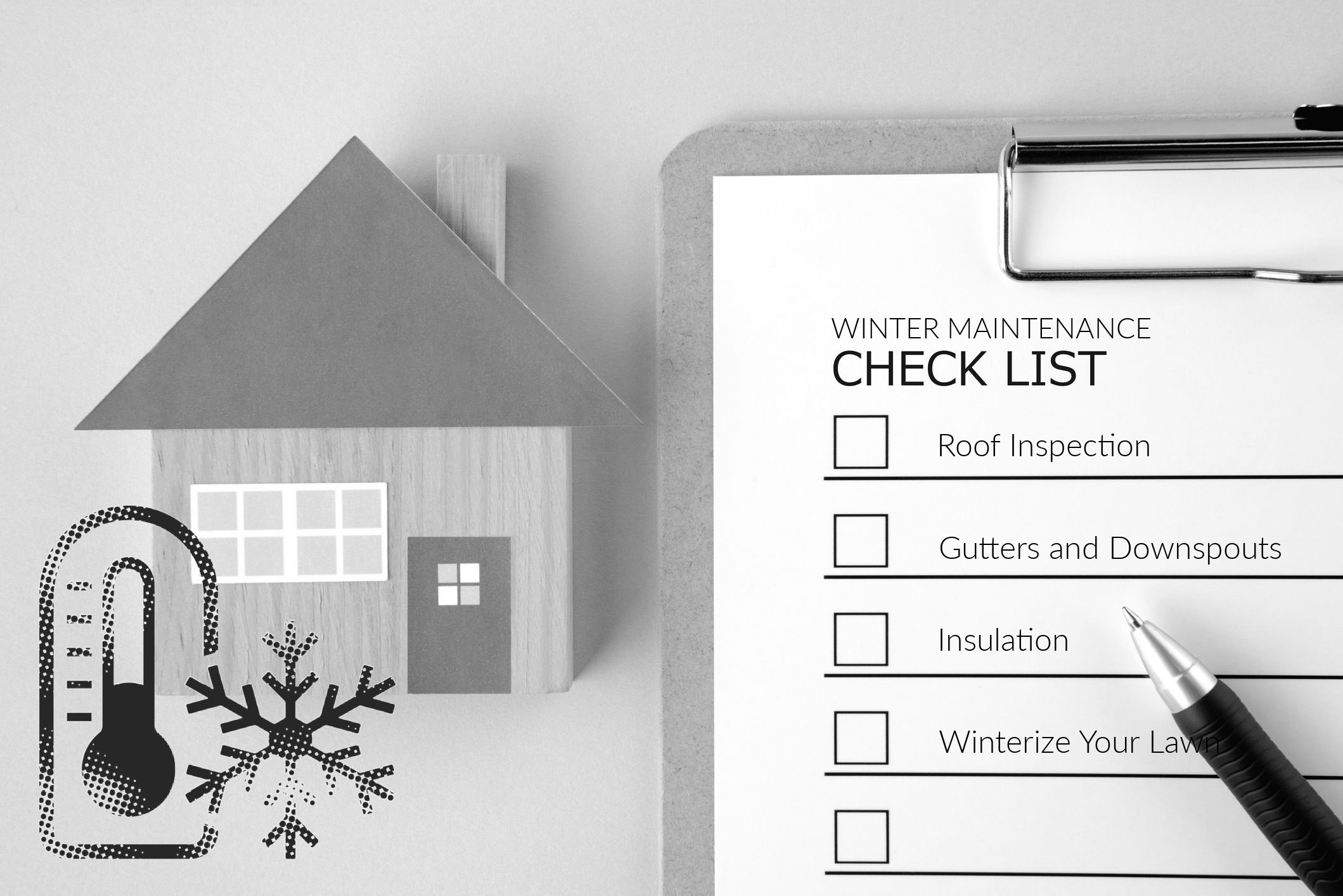Safekeeping of rental documents is one of the duties of a good landlord. Paperwork should be kept on file in an orderly manner and have a backup. Technology makes more efficient and secure the storing and backing up of rental documents. But, whatever your way of collecting and storing data (physical or digital), it’s crucial to have a filing system that's safe and accessible.
Take note of the importance of rental paperwork safekeeping and what documents you must keep on file will be discussed in this blog post.
Reasons to Keep Rental Documents on File
There are many reasons why keeping your rental paperwork safe and organized is essential. If you don’t have an idea what’s the need for it, here's a list of reasons to convince you.
Have a Record of Financial Transactions
Your rental business enters into financial transactions that you must keep track of. You should have a record of security deposits and rent receipts because they give you an idea of how much money is collected within the month or year. They are proof of whether your rental business is doing okay or not.
It’s also crucial to keep leases because it helps you anticipate renewals and other data-focused financial changes. Failing to keep track of your financial transactions can negatively affect your business.
Accountability
Accountability is crucial in a rental agreement. The parties involved in the contract must be true to what they agreed on, and keeping documents on file is an excellent way to hold everyone accountable.
As a landlord, you must keep a copy of the rental contract. This way, you can have a reference whenever issues arise between you and the tenant. Just read what’s stipulated in the agreement to make matters clear.
If the other party files a legal complaint and the authorities summons you for a court appearance, the documents you keep on file can help you in proving your point and defend yourself. Having documentary evidence can be a big help, especially in eviction cases.
Getting Organized and Consistent
Business success is predicated on being organized and consistent. If you have a solid system for document safekeeping, it can help your rental business grow. A landlord should keep track of all information to ensure that his business is running smoothly. It’s impossible to achieve this if you don’t have a system that keeps your rental paperwork organized.
Documents to Keep on File
Let’s get into the documents you should keep on file. Basically, there are four rental documents you should hold onto, no matter what.
Lease Agreements
You shouldn’t lose the lease agreement. Put the hard copy of this document in a secure place, and make sure that you have a digital copy as a backup in case the original gets misplaced, stolen, or damaged. Keep the original contract during the entire lease period and for the next year should problems arise.
Lease Amendments
If there are any lease amendments agreed upon between you and the tenant during the lease period, you should keep the signed copy on file. Also, make a digital copy of the document. Lease amendments are as important as the original lease.
Notices
You should also have on file the non-renewal or nonpayment notices. There should be dates when they were sent and received. Notices are crucial documents to keep on record because you may need them in court hearings.
Inspection Reports
A landlord must keep inspection reports on file to have proper documentation regarding the condition of the property before, during, and after the lease. Inspection reports serve as excellent proof to keep security deposits. They can also help you decide whether to do repairs after a tenant moves out.
Documents That a Landlord Need from Tenants
As a landlord, you should ask a tenant to submit a rental application, pay stubs, and reference letters. It’s also crucial to require your tenant to get renter’s insurance and request a copy of it. Tenants should get insurance to protect their rental property.
Documents a Landlord Must Give to Tenants
Landlords must provide tenants with the security deposit receipt and lead disclosure form. Many states require a landlord to give a tenant a security deposit receipt with the name of the bank. Also, tenants should be given a lead disclosure form to ensure that the property they’re living in doesn't have lead paint, which is dangerous to their health.
Takeaway
A landlord has many duties to fulfill to ensure the success of his rental business. Part of the landlord’s job is to keep the necessary rental paperwork on file. There should be a filing system to ensure rental documents are organized and accessible whenever the landlord needs it.
The landlord should keep important documents, such as lease agreements, lease amendments, notices, and inspection reports, in a safe place and back them up. Technology helps the storing of rental paperwork secure and convenient.


